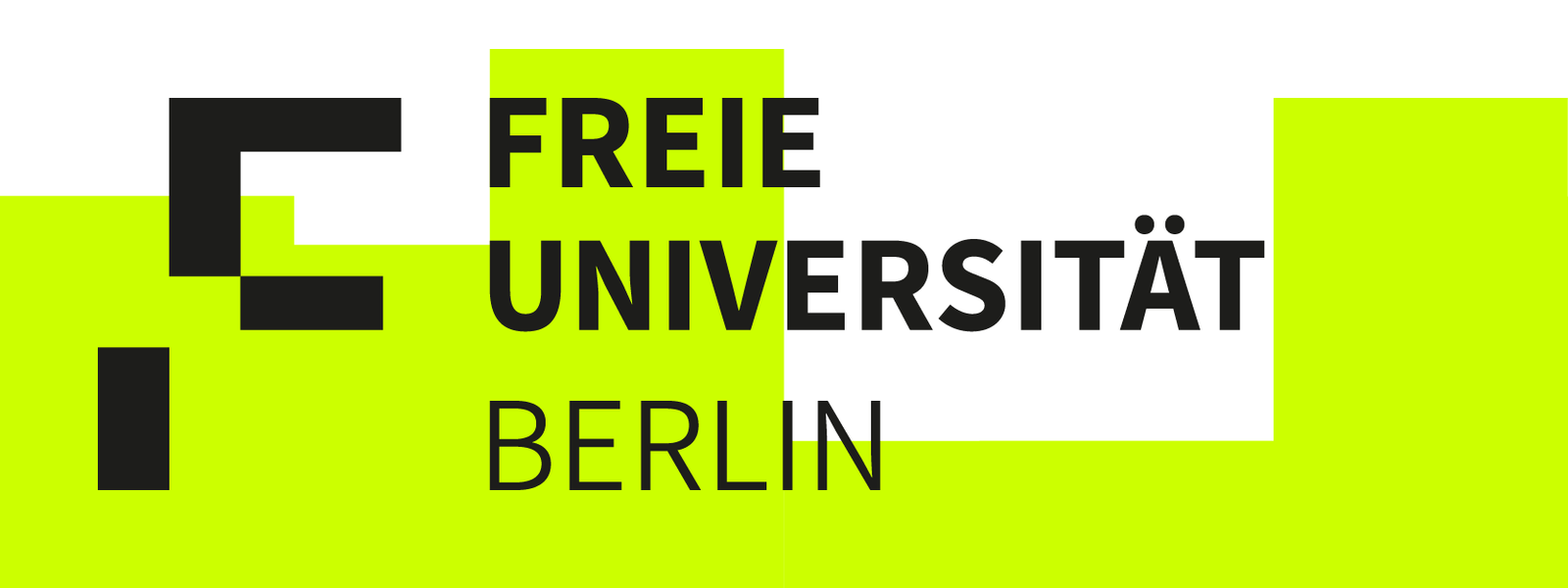The Ibero-Amerikanisches Institut, Stiftung Preußischer Kulturbesitz (Ibero-American Institute, IAI) is an interdisciplinary centre for academic and cultural exchange between Germany and Latin America, the Caribbean, Spain and Portugal. It hosts Europe’s largest library for research on Iberian, Latin American, and Caribbean countries. Each year, more than 70 international guest scientists undertake their research stay at the institute in order to take advantage of its unique information infrastructure. The Ibero-Amerikanisches Institut develops research projects and participates in various joint projects together with universities (see desiguALdades.net, EULAC Focus, Cluster of Excellence “Image, Knowledge, Gestaltung: An Interdisciplinary Laboratory”).
It has excellent networks in Latin America and the Caribbean characterised by multifaceted cooperation in research, library operation and cultural events as well as participation in international committees. Long-standing cooperation ties exist with all other institutional members of the Consortium. Furthermore, IAI is in close contact to political foundations, ministries of foreign affairs and ministries of science as well as organizations providing research grants in Latin America and the Caribbean. The Ibero-Amerikanisches Institut is part of the Stiftung Preußischer Kulturbesitz (Prussian Cultural Heritage Foundation, SPK), an internationally renowned cultural foundation with museums, libraries, archives, and research institutes, and an important player in the humanities and the social sciences.







